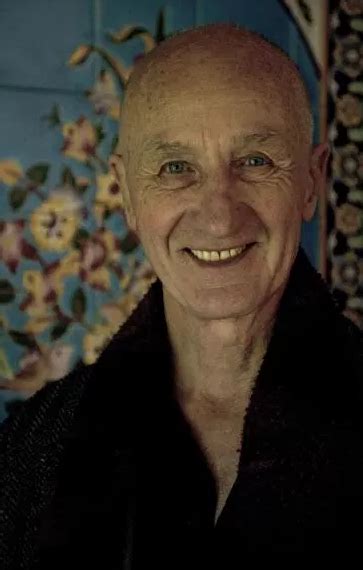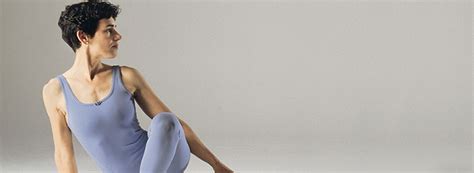A Quote by Annie Besant
When we recognise that unity of all living things, then at once arises the question - how can we support this life of ours with least injury to the lives around us; how can we prevent our own life adding to the suffering of the world in which we live?
Related Quotes
In today's world it is deceptively easy to lose sight of our direction and the things that matter and give us joy. How quickly the days can slip by, the years all gone, and we, at the end of our lives, mourning the life we dreamed of but never lived. Poetry urges us to stand once and for all, and now, in the heart of our own life.
If you're not doing something with your life, then it doesn’t matter how long you live. If you're doing something with your life, then it doesn't matter how short your life may be. A life is not measured by years lived, but by its usefulness. If you are giving, loving, serving, helping, encouraging, and adding value to others, then you're living a life that counts!
But in the end, science does not provide the answers most of us require. Its story of our origins and of our end is, to say the least, unsatisfactory. To the question, "How did it all begin?", science answers, "Probably by an accident." To the question, "How will it all end?", science answers, "Probably by an accident." And to many people, the accidental life is not worth living. Moreover, the science-god has no answer to the question, "Why are we here?" and, to the question, "What moral instructions do you give us?", the science-god maintains silence.
Let's start with Jesus' answer: "Look for the kingdom first and all else will come together." Life is fragmenting, fragmented. I have a thousands things to do, others do too. We can live our life as if the main question is, "How can keep it together? How do I juggle all the balls? But the real question is, "How can I stay home - interiorly home - while I do these many things?
I've heard fate talked of. It's not a word I use. I think we make our own choices. I think how we live our lives is our own doing, and we cannot fully hope on dreams and stars. But dreams and stars can guide us, perhaps. And the heart's voice is a strong one. Always is. Your heart's voice is your true voice. It is easy to ignore it, for sometimes it says what we'd rather it did not - and it is so hard to risk the things we have. But what life are we living, if we don't live by our hearts? Not a true one. And the person living it is not the true you.
Once a man recognizes himself as a being surrounded by other beings in this world and begins to respect his life and take it to the highest value, he becomes a thinking being. Then he values other lives and experiences them as part of his own life. With that, his goal is to help everyone take their life to the highest value; anything which limits or destroys a life is evil. That is morality. That is how men are related to the world around them.
O sancta simplicitas! What strange simplification and falsification mankind lives on! One can never cease to marvel once one has acquired eyes for this marvel! How we have made everything around us bright and free and easy and simple! How we have known how to bestow on our senses a passport to everything superficial, on our thoughts a divine desire for wanton gambling and false conclusions! - how we have from the very beginning understood how to retain our ignorance so as to enjoy an almost inconceivable freedom, frivolity, impetuosity, bravery, cheerfulness of life, so as to enjoy life!
How often do we tell our own life story? How often do we adjust, embellish, make sly cuts? And the longer life goes on, the fewer are those around to challenge our account, to remind us that our life is not our life, merely the story we have told about our life. Told to others, but — mainly — to ourselves.
I think the question is, how do we live with change? Change in our friends, change in our lovers? Change in me and change in my body, from the stroke. Things have changed this plane of consciousness. We've tried to keep things the same. It causes suffering. This suffering is another step in your spiritual life, in your spiritual journey.
The lesson, I suppose, is that none of us have much control over how we will be remembered. Every life is an amalgam, and it is impossible to know what moments, what foibles, what charms will come to define us once we're gone. All we can do is live our lives fully, be authentically ourselves and trust that the right things about us, the best and most fitting things, will echo in the memories of us that endure.
If people are given the opportunity to really make a difference in their own lives, their own communities, their own businesses and their own governments, then we can really transform the prospects of life on this planet. We can find ourselves living in a world that is more like the world that I think most of us want to be living in.








































